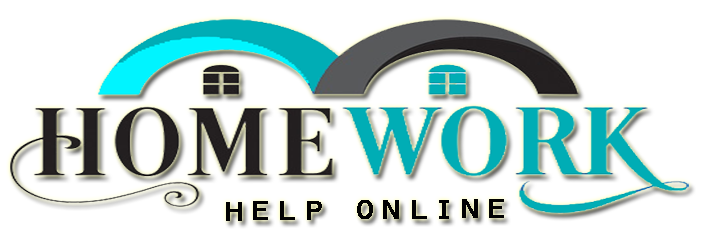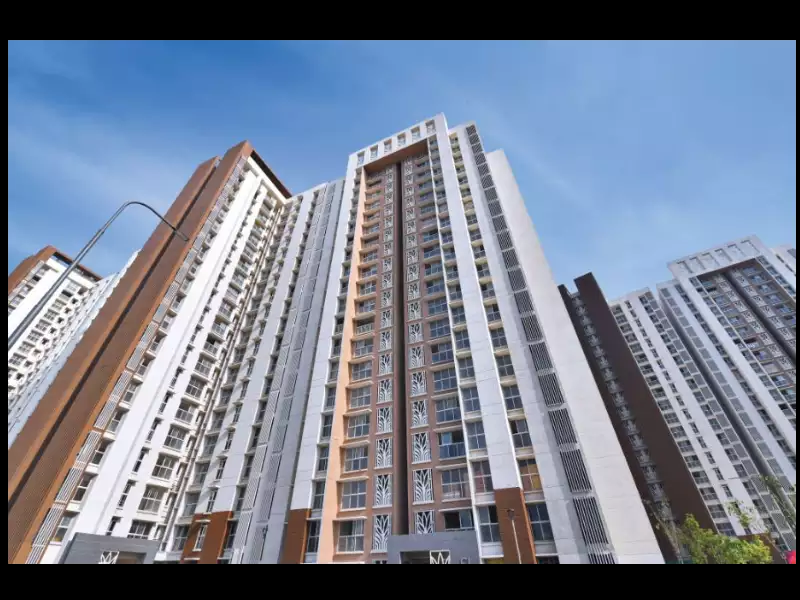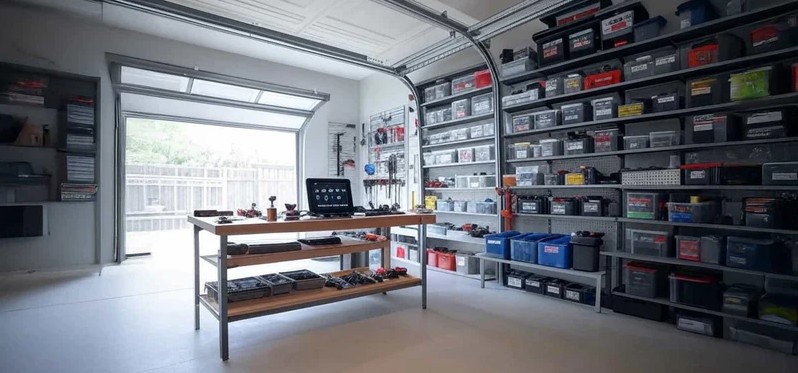Introduction (72 words): Real estate, an ever-evolving industry, is an integral part of our lives, shaping our cities and providing us with homes, workplaces, and investment opportunities. As the world advances, so does the realm of real estate, witnessing significant transformations that redefine the way we buy, sell, and interact with properties. In this article, we will explore the latest trends and innovations driving the real estate industry, highlighting the opportunities and challenges that lie ahead.
- Technological Revolution in Real Estate (96 words): The digital revolution has not bypassed the real estate sector. From virtual reality property tours to blockchain-based property transactions, technology has reshaped the way buyers and sellers connect. Virtual reality (VR) tours offer potential buyers immersive experiences, allowing them to explore properties remotely. Additionally, blockchain technology provides enhanced security and transparency in transactions, reducing the need for intermediaries. With the rise of artificial intelligence and big data analytics, real estate professionals can make data-driven decisions and better understand market trends, ensuring efficient investments and maximizing returns.
- Sustainable and Smart Buildings (90 words): As sustainability gains prominence, real estate developers are embracing eco-friendly practices. The demand for energy-efficient and environmentally conscious buildings is on the rise. From green rooftops to smart home automation systems, sustainable features are becoming essential selling points. These buildings not only reduce environmental impact but also offer cost savings for occupants. Integrating technology into buildings allows for efficient energy management, optimized security systems, and improved comfort. The sustainable and smart buildings of today are the embodiment of a greener, more connected future.
- Shifts in Residential Preferences (97 words): Changing demographics and evolving lifestyles are reshaping residential preferences. With an increasing focus on work-life balance, mixed-use developments that offer a combination of residential, commercial, and recreational spaces are gaining popularity. Urbanization and the rise of remote work have prompted a shift towards smaller, more flexible housing options such as micro-apartments and co-living spaces. Additionally, wellness-focused amenities such as gyms, green spaces, and wellness centers have become crucial considerations for potential homeowners. Real estate professionals must adapt to these shifting preferences to meet the needs of the modern buyer.
- The Rise of Shared Economy (83 words): The sharing economy has extended its reach to the real estate market, revolutionizing how properties are used and monetized. Platforms like Airbnb and VRBO allow homeowners to rent out their properties to travelers, providing an additional income stream. Co-working spaces and flexible office solutions cater to the needs of remote workers and startups. Real estate investors are leveraging this trend by acquiring properties specifically designed for shared economy purposes. The shared economy has transformed real estate into a dynamic and flexible market, offering new opportunities for both property owners and users.
Conclusion (62 words): Real estate is a sector in constant flux, shaped by technological advancements, shifting preferences, and the evolving needs of the population. As we look to the future, embracing innovation and sustainability will be key to success in this ever-changing landscape. Real estate professionals who adapt to these transformations, utilizing technology, promoting sustainability, and understanding changing demographics, will thrive in an industry that holds immense potential for growth and positive change.







